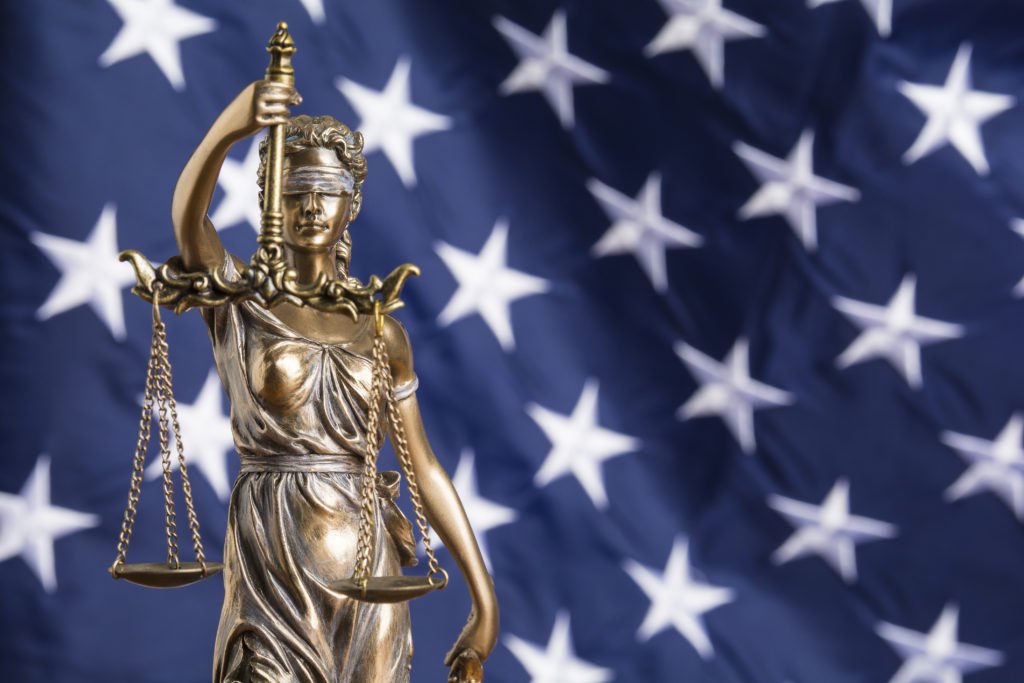Boston’s Refusal to Allow The Flying Of “The Christian Flag” In Front Of City Hall Violated The First Amendment Free Speech Clause

Boston’s Refusal to Allow The Flying Of “The Christian Flag” In Front Of City Hall Violated The First Amendment Free Speech Clause
May 2, 2022
Share to:
As many public employers anxiously await the United States Supreme Court’s decision involving the right of a public high school football coach to pray on the football field after a game (Kennedy v. Bremerton School District), the Court issued a decision finding that the City of Boston violated the First Amendment by rejecting a group’s request to fly the “Christian Flag” on one of three flagpoles directly in front of City Hall. Schurtleff v. City of Boston (May 2, 2022)
On Boston’s City Hall Plaza, and just outside of City Hall stand three flagpoles. The first pole flies the American flag, the second, the flag of the Commonwealth of Massachusetts, and the third pole usually flies the City flag. For years, according to the evidence before the Court, Boston has allowed groups to hold ceremonies on the Plaza, during which participants may raise a flag of its choosing on the third pole in place of the City’s flag. (Typically, flags are flown for about 2 hours). The City, between 2005-2017, approved the “hoisting” of 50 unique flags by various groups. The City did not deny any flag-raising requests until the request at issue. In 2017, Camp Constitution’s director asked to hold an event at City Hall Plaza celebrating the civic and social contributions of the Christian Community and to raise the “Christian Flag” as a part of the celebration. The City of Boston denied the request admittedly out of concern that flying a religious flag on the flagpole would violate the First Amendment’s Establishment Clause (prohibits the government from “establishing” a religion).
The Supreme Court reversed Boston’s denial stating that there is no Establishment Clause concern because the flag-raising program allowed by the City for years was not an expression of government speech. “Boston’s come-one-come-all practice” of allowing flags to be raised in this public forum concerns only private speech. The Court acknowledged that the boundary between government speech and private expression can get blurry in these types of programs. However, Boston’s lack of meaningful involvement in the flag selection or messaging “leads the Court to classify the third-party flag-raising as private, not government speech.” The Court went on to state Boston could have easily done more to make clear that it wished to speak for itself by raising flags. It then referenced the City of San Jose California policy which states that its flagpoles are not intended to serve as a forum for free expression by the public.
Since the speech in question was private, the Court ruled that Boston’s refusal to allow Camp Constitution to fly their flag violated the Free Speech Clause of the First Amendment. “When the government does not speak for itself, it may not exclude private speech based on ‘religious viewpoint’.”
The case highlights the importance for public bodies to carefully analyze the nature of the “speech” at issue and to thoroughly review its policies, procedures, and history regarding such speech. If a public body has created an open forum for private speech, it cannot prohibit speech based on the speaker’s viewpoint without violating the First Amendment’s Free Speech Clause.
